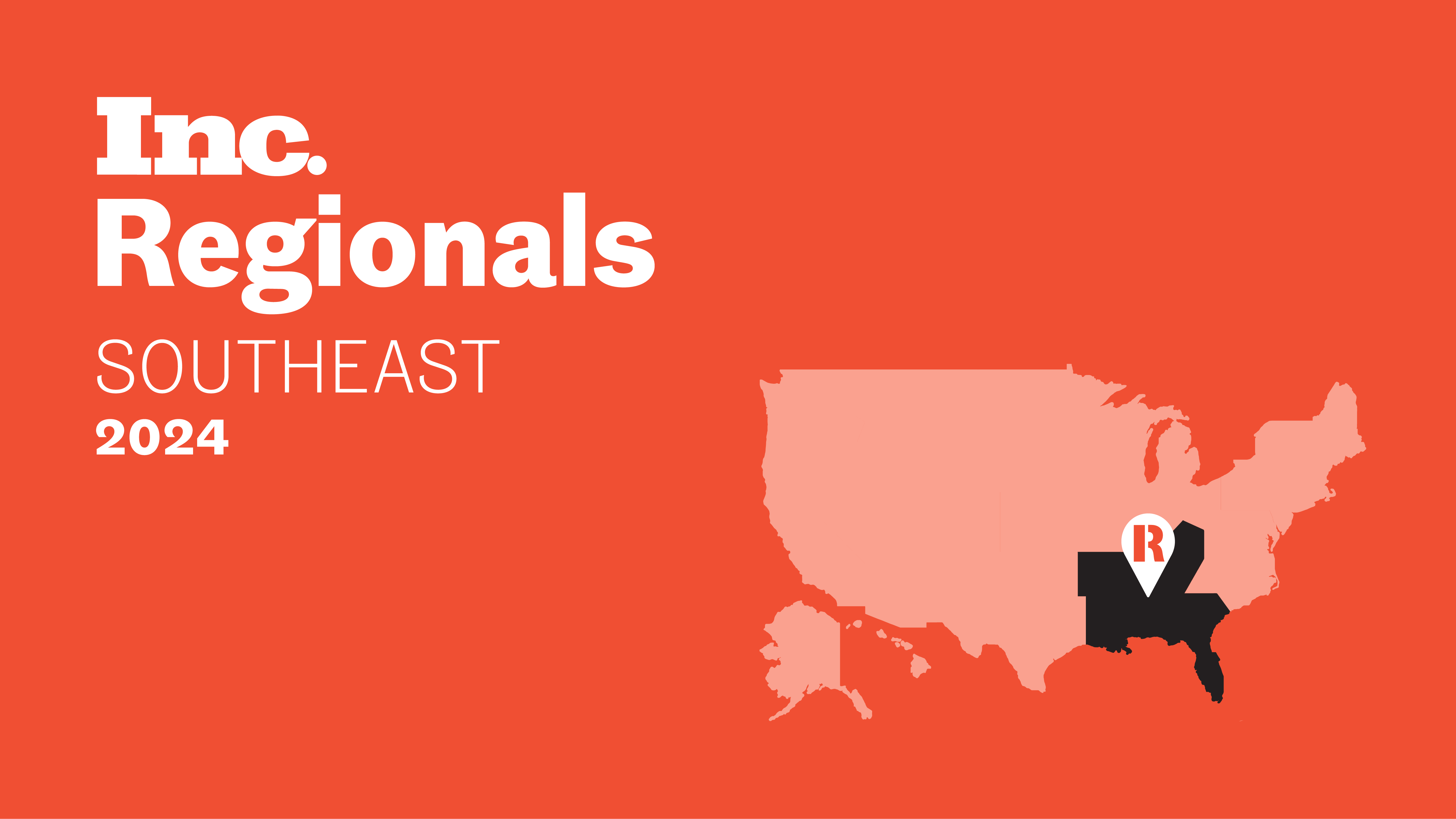“In computing, a firewall is a network security system that monitors and controls incoming and outgoing network traffic based on predetermined security rules.” , source: Wikipedia. As a business, you can set these rules to be specific to your needs. You can even choose to create allow and deny lists (formerly whitelist and blacklist) for different users and access points.
Why Is a Firewall So Important?
Your business is the guardian of gigabytes (maybe even terabytes) of sensitive information – some of it directly pertaining to your clients. In the wrong hands, a leak of information can, quite literally, destroy your company. By investing in the strength of your firewall, you are investing in your business’s future in the digital world – and this is far more important than some companies realize.
Tips to Develop the Most Secure Firewall
Tip #1: Block All Fledgling Content
Generally speaking, brand-new websites have more potential for phishing use. Furthermore, there’s usually no reason your employees will need to access sites like these from work. You can protect your network by either applying a content filter or blocking sites that have only been live for a short time period.
Tip #2: Allow Access to Encrypted Information
Within the confines of your infrastructure, qualified personnel should be able to access and scan the contents of encrypted packets. Unfortunately, SSL and SSH encryptions can be used against you – hackers have been known to encrypt packets for entry into networks that require these certifications. Your firewall should be able to access the contents of an encrypted file in order to determine its safety.
Tip #3: Seriously Consider Role-Based Security Systems
Also called RBAC, role-based access control is a security feature that assigns access to certain parts of your network based on a user’s privilege level. Under this model, any user that is not in the database will have very limited (if any) access to the business’s infrastructure. You have to be careful with this model, however, because employee access credentials need to be strong and difficult to guess. It is generally recommended to combine multi-factor authentication (MFA) with any role-based access measures.
Tip #4: Consider How Your Rules Impact Performance
While piling on the security rules might, at first, sound like a great idea, too many rules can start to slow down your network. If each connection is double-checked, triple-checked, and cross-checked against a massive database, you’re inching towards incredible slowdowns for your employees. Implement only the security protocols that are the most effective and highly necessary for the security of your business’s important data.
Tip #5: Audit Your Rules Regularly
Once a year isn’t enough; depending on your business niche, six months may not even be enough. Speak to your IT department for details on how often a security audit should be performed – you may be surprised. Make sure you provide the resources to IT for this enormous task; it takes many specialists to ensure the safety of data within your network.
When in Doubt, Test it Out
Penetration testing, also known as pen testing, is a type of validation that you can perform on your network. When you hire someone to pen test your network, they will intentionally try to hack it and get past your firewall. Only hire someone trustworthy to do this, and it will illuminate any areas of weakness in your infrastructure.
* As featured in Tampa Bay Magazine




